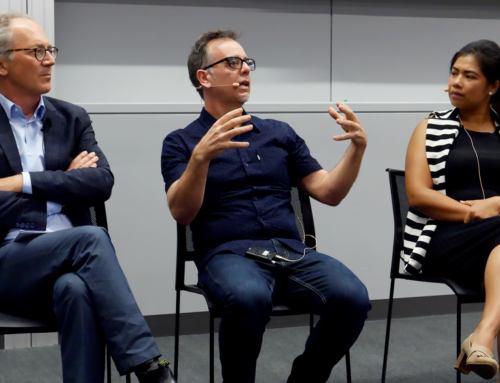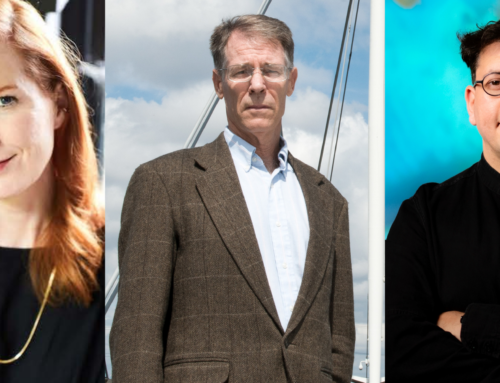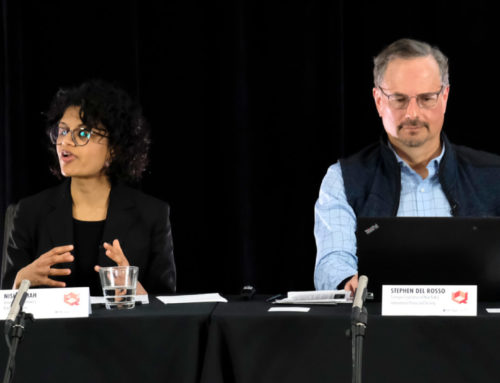From the discovery of fission in 1939 to the detonation of Fat Man over Nagasaki a few days before V-J day, the Second World War was bookended by advances in atomic physics. Our historical epochs are named for the military metallurgy of the day, and recent work highlights the role of science in making weapons into not just “platforms” as used in the lexicon of military industrialists but those upon which societies are built and ordered.
Quantum mechanics are no exception. Among the information leaked by Edward Snowden was evidence of an NSA project called “Penetrating Hard Targets,” an $80 million dollar appropriation for the development of a “cryptologically useful quantum computer” that seeks to demonstrate the possibility of “complete quantum control” of a basic quantum computer that could be used for applications in the NSA’s “Owning the Net” program. In contrast to binary computers, the semiconductor qubits of a quantum computer could superimpose as values of one, zero, or both, quite literally expanding the universe of computing possibilities.
Much like the prophecies around nuclear physics in its nascent days, the “quantum leap” splashed on the cover of Time Magazine promises potentialities both destructive and benign. But whether ultimately used to crack the codes of genetic diseases or command and control infrastructure, the understanding of a quantum universe is no longer pure abstraction but brings the potentials of probability at the subatomic level to the macrophysical of world politics.
Against this backdrop, and with generous support from the University of Sydney and the Carnegie Corporation of New York, the Centre for International Security Studies at the University of Sydney has commissioned the Q Symposium. Bringing together peace and security scholars alongside practitioners, scientists, filmmakers and journalists from around the world, the conference aims to investigate and theorize the meaning of a quantum world for security scholars.
The Q Symposium seeks to develop better tools for understandings notions of threats that deal less often with the macro-units of states and armies and more often with the micro-units of terror cells, pathogens, and information networks. Like its intellectual predecessors in physics, it also seeks to integrate the impact of observation, documenting its proceedings in a documentary film, in addition to tweets (#quantumIR) and blog posts, both at qsymposium.net and at the Duck of Minerva.
James Der Derian, Director of CISS and Michael Hintze Chair of International Security
Ben Foldy, Q Rapporteur






Leave a Reply